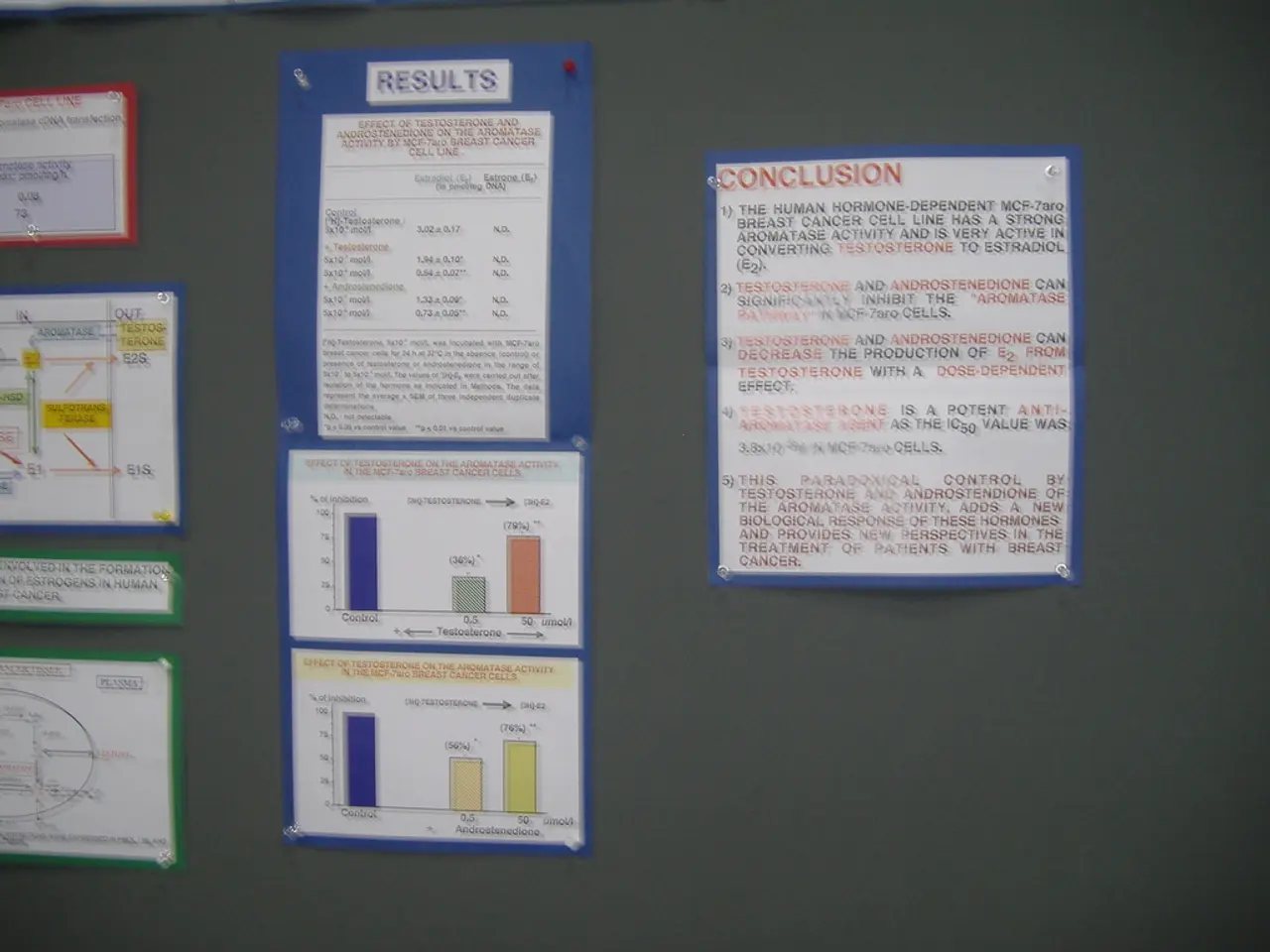ICT Security Regulation by DORA: Shaping the Future of Financial Sector's Data Protection
The Digital Operational Resilience Act (DORA) is a groundbreaking regulation enacted by the European Union to bolster the digital and operational resilience of financial entities and their Information Communication Technology (ICT) service providers. The regulation, adopted in 2022 and effective from January 2023, aims to create a harmonized ecosystem where every institution is subject to the same requirements, thereby reducing potential gaps that could compromise market stability.
### Timeline
DORA is set to be fully enforced by January 17, 2025, with all relevant financial entities and ICT providers required to be compliant by this date.
### Scope
The regulation applies to a wide range of financial entities, including banks, insurance companies, investment firms, payment institutions, and critical ICT third-party service providers supporting these financial entities.
### Key Requirements and Pillars
DORA's regulatory framework is structured around five key pillars that collectively ensure robust digital operational resilience:
1. ICT Risk Management: Entities must implement comprehensive ICT risk management frameworks, integrating these practices into their overall operational risk strategies. 2. Incident Reporting: Financial institutions are required to establish effective incident reporting mechanisms for ICT-related disruptions to regulators, promoting transparency and swift response. 3. Digital Operational Resilience Testing: Regular testing of ICT systems, including penetration testing and vulnerability assessments, is mandatory to identify and mitigate risks proactively. 4. Third-Party Risk Management: DORA places strong emphasis on managing risks arising from ICT third-party providers, including cloud services, requiring financial firms to have oversight and control over outsourced ICT services. 5. Oversight and Information Sharing: The regulation promotes coordinated oversight of ICT providers and encourages sharing of information related to operational risks and threats within the financial sector ecosystem.
### Additional Compliance Areas
Under DORA, financial entities must fulfill requirements across six high-level areas covering governance, risk mitigation, incident handling, testing, and information sharing, integrated with existing risk disciplines like crisis management and business continuity.
### Compliance Solutions
To comply with DORA, financial institutions should adopt measures such as implementing a Security Operations Center (SOC), cybersecurity automation, business continuity and disaster recovery plans, staff training, ICT supplier evaluation, and monitoring.
### The Impact of DORA
The DORA Regulation marks a significant shift from policy updates to demonstrable operational proof of resilience, emphasizing proactive, strategic management of digital risks in the EU financial sector. By the 2025 deadline, all affected organizations must demonstrate operational continuity, robust risk controls, and adherence to DORA’s detailed ICT governance and resilience standards.
This regulation represents an opportunity to strengthen system protection and increase customer trust in the financial sector. Non-compliance with DORA provisions could lead to significant penalties and jeopardize operational security and client trust.
### About Intesa
Intesa offers a SOC solution to help businesses comply with DORA, ensuring constant monitoring, effective incident management, and full regulatory compliance. In addition to its SOC solution, Intesa provides solutions for various aspects of digital transformation, including document archiving, client digital onboarding, EDI, electronic invoice platforms, cross-border electronic invoicing, corporate electronic signature, electronic seal, document management software, and supply chain management.
In conclusion, the DORA Regulation is a crucial step towards enhancing the digital and operational resilience of the European financial sector, ensuring that financial institutions can withstand, respond to, and recover from ICT-related disruptions, such as cyberattacks or system failures.
- To comply with the Digital Operational Resilience Act (DORA), financial institutions must implement measures such as Security Operations Center (SOC) and cybersecurity automation, focusing on digital operational resilience in light of the 2025 deadline.
- In addition to DORA's requirements, financial entities must also focus on data-and-cloud-computing aspects, ensuring the oversight and management of risks arising from ICT third-party providers, like cloud services.
- The impact of DORA Regulation extends beyond compliance, as it aims to bolster the cybersecurity posture of financial entities, thereby increasing customer trust and securing the financial business sector against potential threats.








